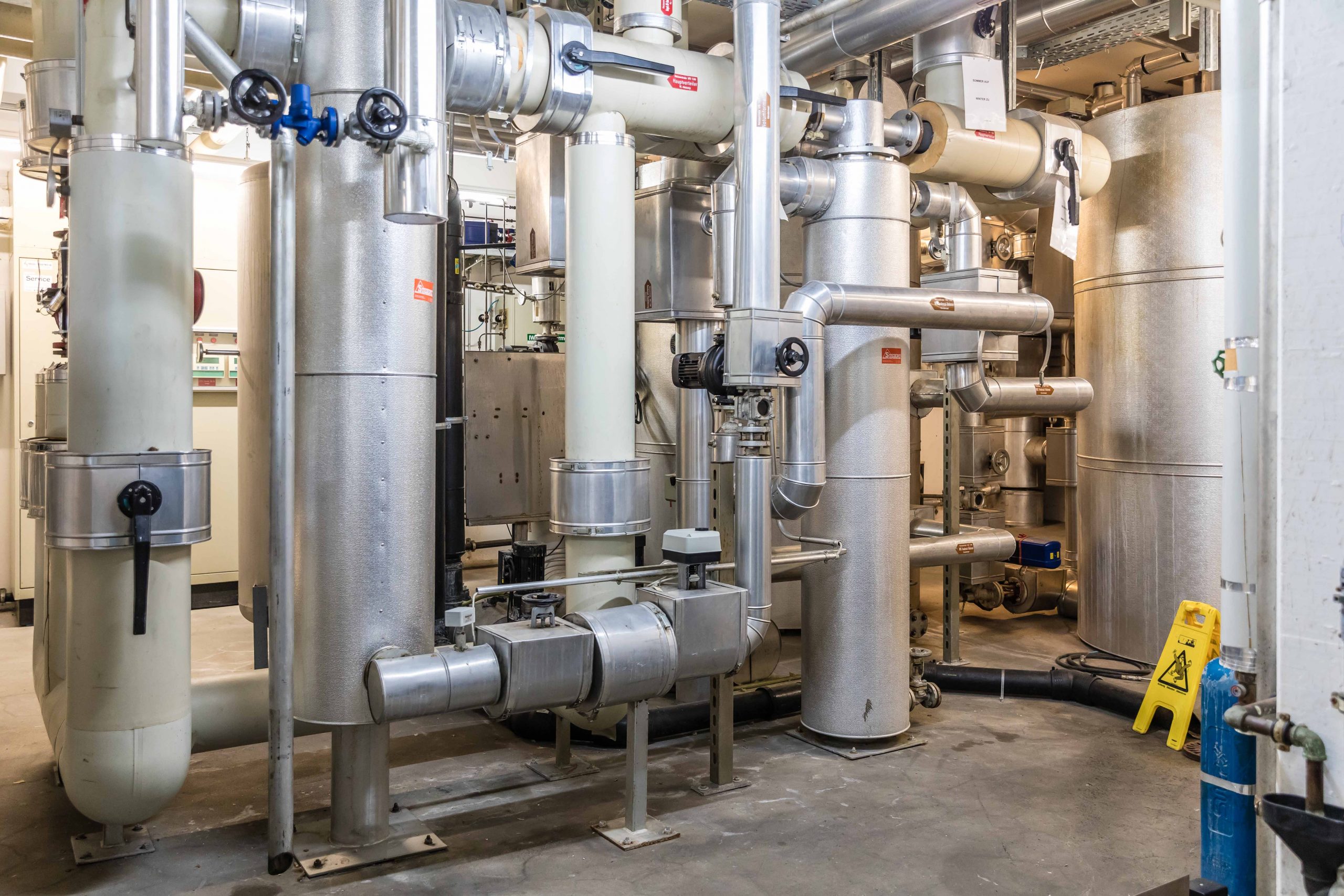Long term plans are required to prevent vital industry missing out on essential support
The Textile Services Association (TSA) is highlighting the concerns of its members regarding the rise in energy prices and the potentially disastrous effects they could have on the UK’s hospitality industry over the coming year. These issues have been highlighted by the results of two surveys the TSA conducted on the views of its members in August and September 2022 and demonstrate the need for continued action on top of the six month emergency price cap for businesses announced in the emergency budget.
The first survey took place in August and was focussed on the post Covid recovery in business. The results showed signs of optimism but also indicated some ongoing issues. It indicated that 83% of commercial laundries have returned to or increased their pre-pandemic turnover, and 79% anticipated turnover to be on a similar trajectory in 2023. However, 79% reported issues with supply chains, in particular difficulties with equipment, spare parts and linen.
The second survey was taken in early September, before the energy price cap was announced. It aimed to take a snapshot of the concerns of the laundry regarding the increasing costs of energy. 85% of responding laundries service a range of essential and influential sectors, including healthcare, education, hospitality and critical manufacturing among others. The majority of respondents have already seen energy prices increasing anywhere from 200 to 500% since 2019, and many were anticipating further increases between 300-600% for 2023.
“While the government’s announcement of a six month price cap will undoubtedly help laundries throughout the winter months, the price increases that have already taken place are having a huge impact on many of them,” says David Stevens, CEO of TSA. “We feel that further steps are necessary to prevent real problems when the current scheme ends.”
The laundry industry is vital to the UK’s hospitality sector but, as it is a hidden part of the supply chain, it has often been overlooked for government support during the crises of the last few years. “The government needs to take a big picture view of these situations,” says Stevens. “The laundry industry needs to be included as one of the sectors that receives further support once the six months is up. We cannot wait half a year to find out what is happening – we need a clear long term support strategy now, to allow us to plan for the future.”
“We are encouraged by the signs that MPs are increasingly aware of the importance of laundries to the UK economy as a whole,” says David. “We will continue to lobby on behalf of our members, and the whole commercial laundry industry, but we need to see hard evidence that the government has also understood the message”

